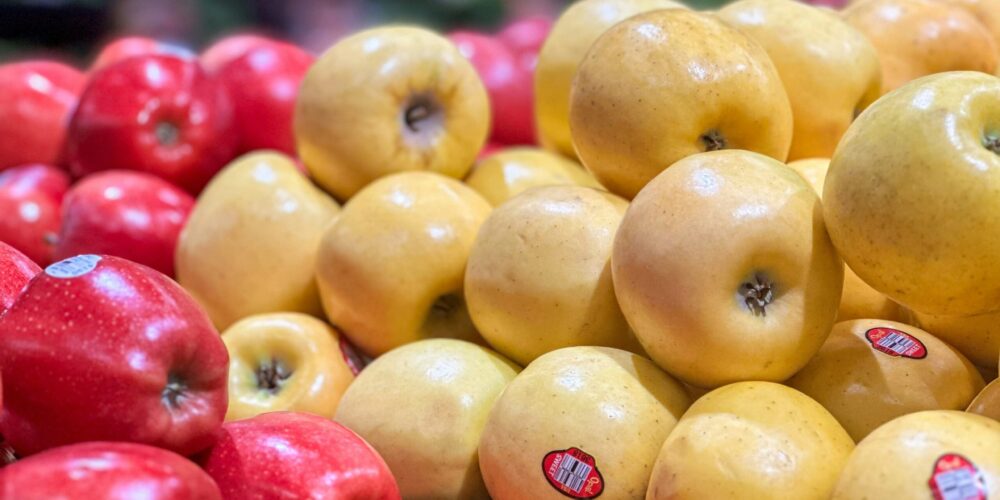Recent developments in Namibia have garnered attention, with several local articles…

AGOA’s Role in Boosting African Agriculture
The African Growth and Opportunity Act (AGOA) is a cornerstone of U.S.-Africa economic relations, granting eligible sub-Saharan African countries duty-free access to the U.S. market for a wide array of products. Established in 2000 and renewed several times, AGOA aims to support economic growth and development in Africa by enhancing market access. This legislation is particularly vital for Africa’s agriculture sector, which stands to benefit significantly from expanded access to the U.S. market.
Recent trends in AGOA trade relations have brought the act back into the spotlight. With the current administration led by President Joe Biden, there is a renewed emphasis on strengthening ties with Africa, with AGOA playing a central role. Biden’s backing of AGOA is crucial as it not only reaffirms the United States’ commitment to Africa’s economic development but also signals a continued strategic partnership between the U.S. and African nations. This support is especially important as the act approaches its next renewal phase, prompting discussions about its future scope and impact.
The agriculture sector is a critical component of many African economies, offering significant potential for growth and development. AGOA provides an essential platform for African countries to export agricultural products to the U.S. market, thereby fostering economic growth and supporting livelihoods. For instance, AGOA has enabled countries like South Africa to boost their agricultural exports, including wine, citrus fruits, and nuts, contributing to job creation and economic diversification.
However, the benefits of AGOA have not been uniformly realized across all eligible countries or sectors. Factors such as production capacity, quality standards, and infrastructure limitations have affected the ability of some countries to fully leverage AGOA’s opportunities. Moreover, the act’s utilization rates vary significantly among beneficiary countries, with some achieving high utilization rates while others lag behind. This discrepancy highlights the need for targeted support and capacity-building initiatives to ensure that more countries and sectors, especially agriculture, can effectively utilize AGOA.
The ongoing debates surrounding AGOA’s renewal and potential modifications underscore the importance of the act’s strategic alignment with the evolving economic and geopolitical landscape. As the Biden administration backs AGOA, there is an opportunity to reassess and enhance the act’s framework to address current challenges and maximize its impact. For Africa’s agriculture sector, this could mean expanded product eligibility, improved market access conditions, and increased technical support to meet U.S. market standards.
AGOA remains an essential element of U.S.-Africa trade relations, with significant implications for the continent’s agriculture sector. The Biden administration’s support for AGOA signals a positive commitment to Africa’s economic development and presents an opportunity to strengthen and expand trade ties. As discussions about AGOA’s future continue, it is important to focus on enhancing its effectiveness and inclusivity, ensuring that more African countries can benefit from this trade partnership.


